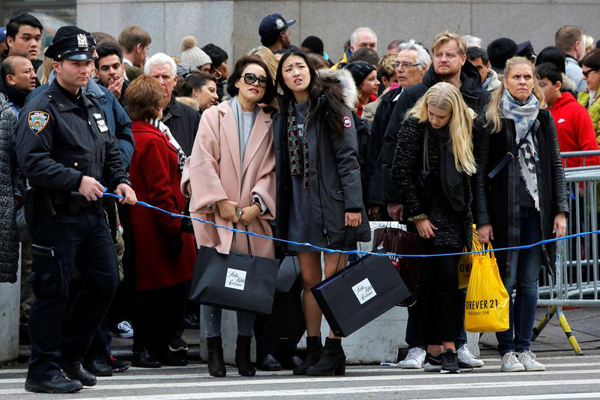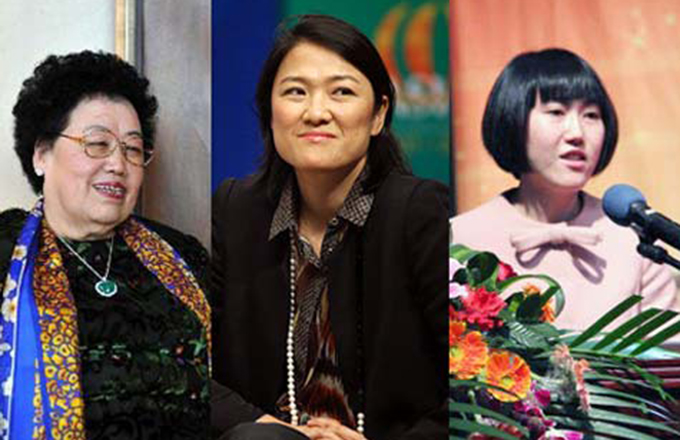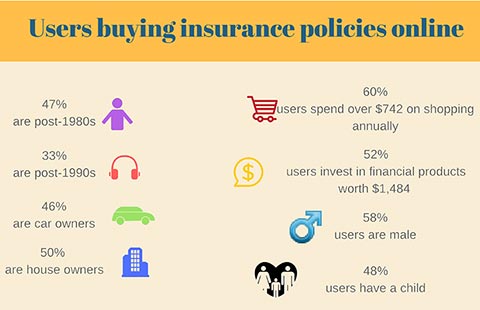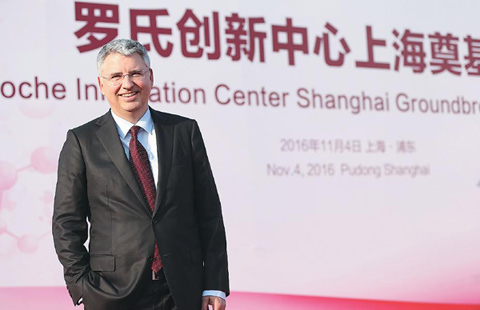Small-engine tax policy drives car sales
 |
|
A visitor and his child try out a new car at an auto show in Wuhan, Hubei province, on Oct 12,2016. [Photo/Xinhua] |
Growth expected to slow, SUV segment to grow, if incentive not renewed for next year
China's auto industry is achieving double-digit annual growth as consumers rush for small-engine cars before the expiration of the tax cut policy, breeding market deceleration in 2017 as a side effect.
The world's largest auto market had about 2.65 million vehicles sold in October, registering 18.7 percent year-on-year growth, according to the China Association of Automobile Manufacturers.
October's deliveries fueled the accumulated market volume in the first 10 months to 22 million units with a 13.8 percent jump.
Passenger car sales climbed for an eighth consecutive month, at a pace of 20.3 percent monthly, to 2.3 million units, as consumers rushed to buy those powered by a small engine no larger than 1.6 liters to qualify for the halved tax policy that is due to expire at the end of the year, according to CAAM.
The favorable policy halved the purchase tax to 5 percent for small-engine models and has been a driving force for the car market since October of last year, according to Dong Yang, executive deputy president of CAAM.
Dong said: "The tax cuts may contribute about five percentage points in the annual growth rate. The market's annual growth next year may stay at 8 percent if supported with the tax cuts."
Deputy Secretary-General of CAAM Ye Shengji anticipates a growth rate faster than 8 percent for 2016, after the market laid a solid foundation for swift growth. Earlier this year, CAAM predicted a growth rate of 6 percent.
The China Passenger Car Association's secretary-general Cui Dongshu last week predicted an even higher growth rate, around 13 percent for this year.
CAAM's subsidiary, the China Passenger Car Association, found wholesale of cars with engines no larger than 1.6 liters rose 26 percent in October, compared to 16 percent for those with larger engines.
Local media reported that the central government is mulling an extension for the tax policy. A meeting involving several related departments was held earlier this month to survey the advice.
CAAM has joined hands with carmakers in lobbying the government for the policy extension, with some suggesting alternative policies including raising the taxation rate on small cars to 7.5 percent.
A consumption taxation reform was reported as saying the Ministry of Finance would lower the tax rate to 1 percent for cars below 1 liter, but collect more tax on gas guzzlers. However industrial insiders pointed out that taxation reform won't be put in place before 2017.
Dong noted: "The auto market growth rate might slow down to 3 percent if the policy is not continued and the purchase tax on small cars is increased back to 10 percent."
On the other hand, even if the tax cut policy was extended for another year, the positive effect on the market would diminish, because many customers made their car purchases this year to utilize the tax break, commented Jia Xinguang, a senior analyst with the China Automobile Dealers Association.
Considering the diminishing benefits of the purchase-tax cut, Fitch Ratings predicted that the growth pace of the Chinese passenger-vehicle sales will decelerate to the mid-single-digit in 2017.
Fitch Ratings also said the strong sales momentum of the sport utility vehicle segment is expected to continue at a slower speed in 2017, and rising penetration in lower-tier cities and required upgrades will be the ongoing drivers.
"The market share of SUVs is likely to converge with that of sedans, as the consumers' preferences continue to shift amid increasing product launches by both Chinese and joint venture brands," said the British firm in the report.
The SUV segment profit margin is projected to normalize in 2017, owing to a rapid increase in SUV product offerings, leading to more aggressive pricing and diluted sales volume per model, after the segment's sales growth reached a significant 45.6 percent in the first 10 months this year.























